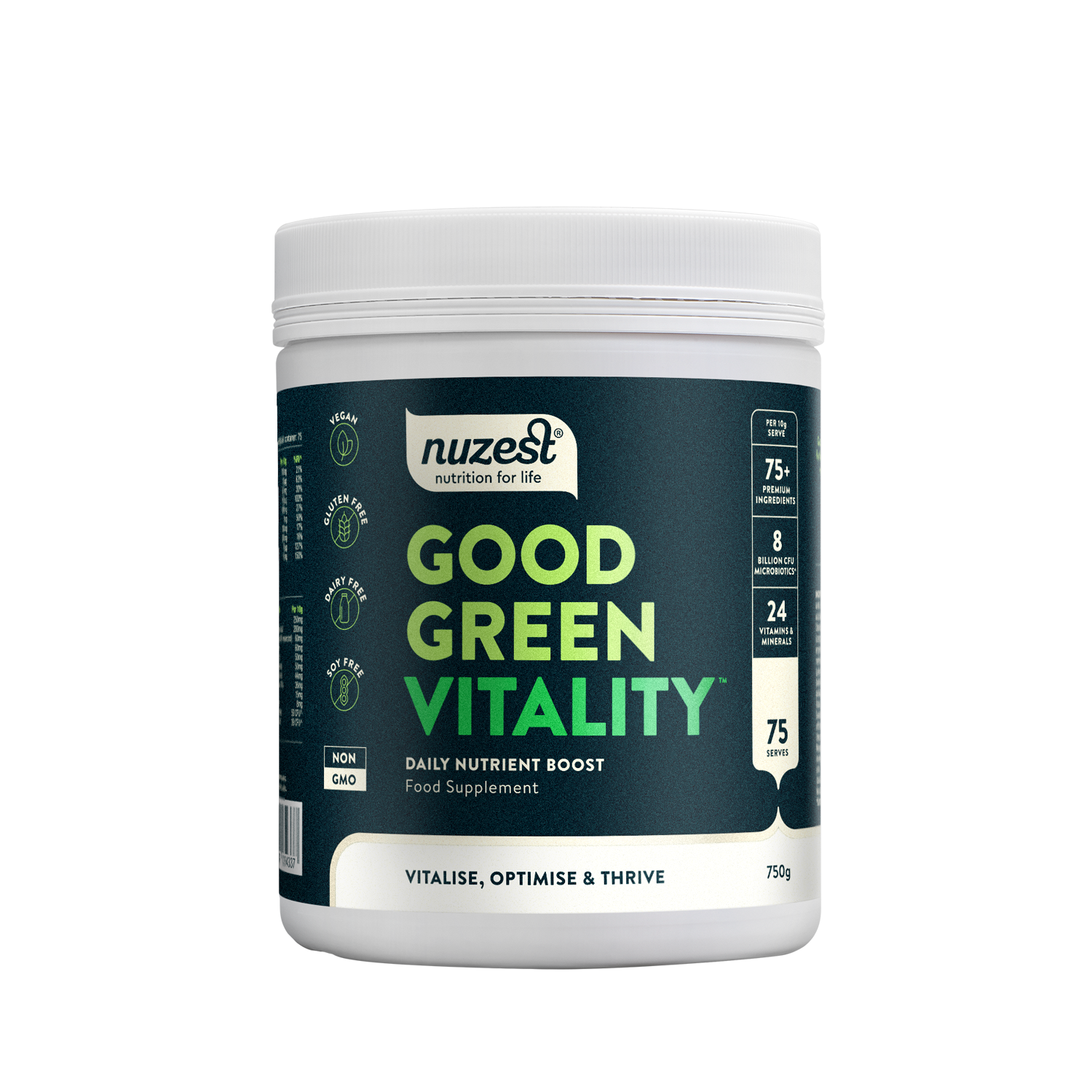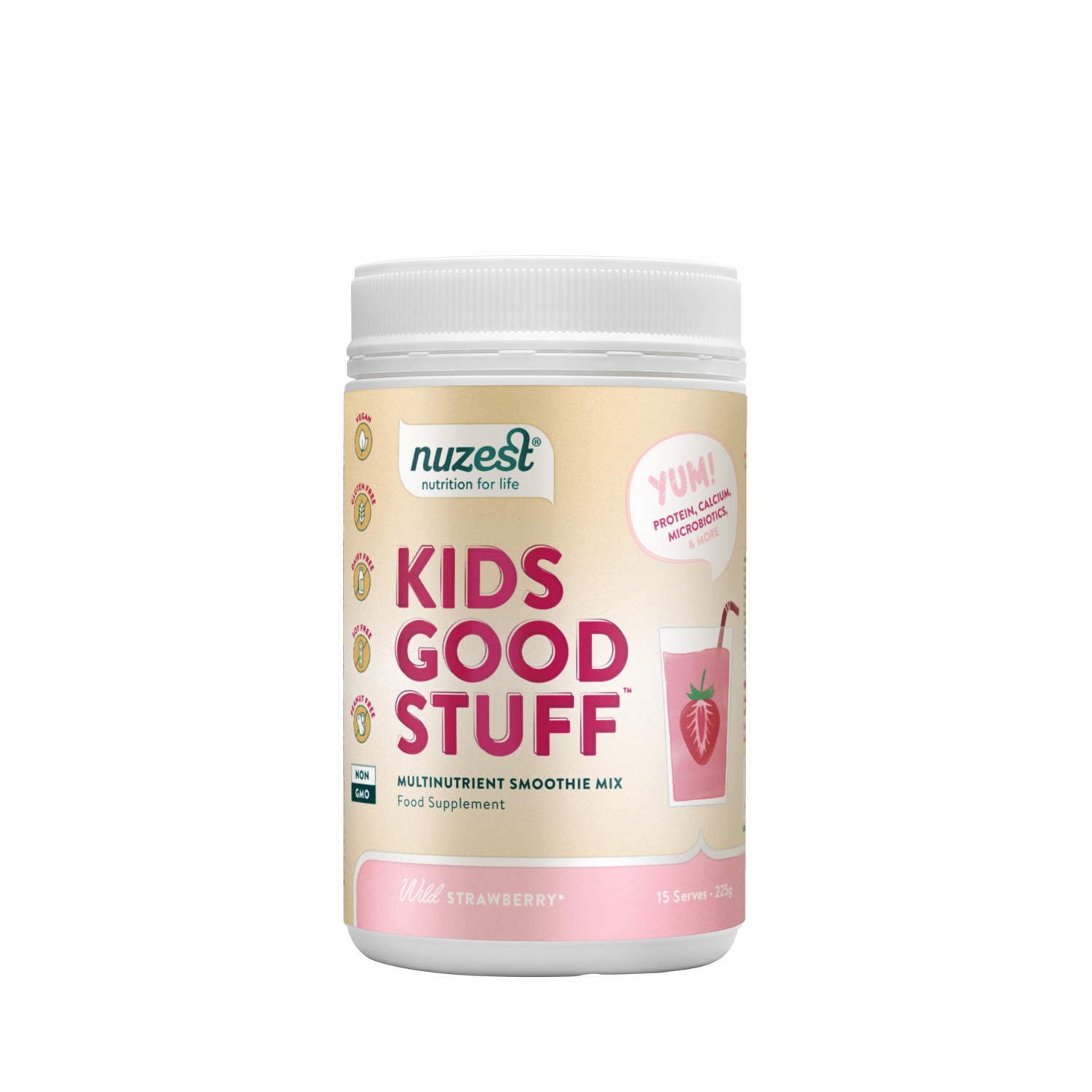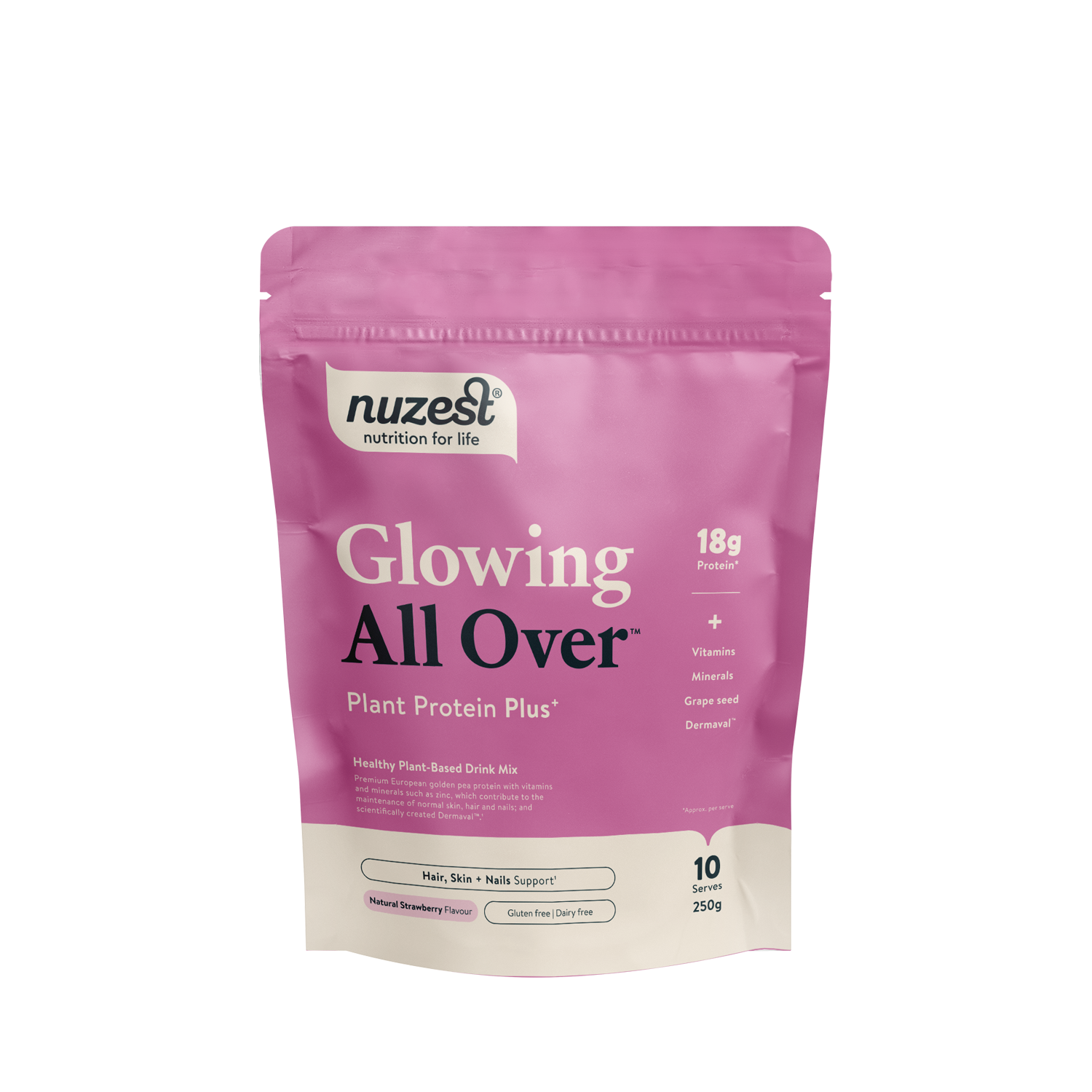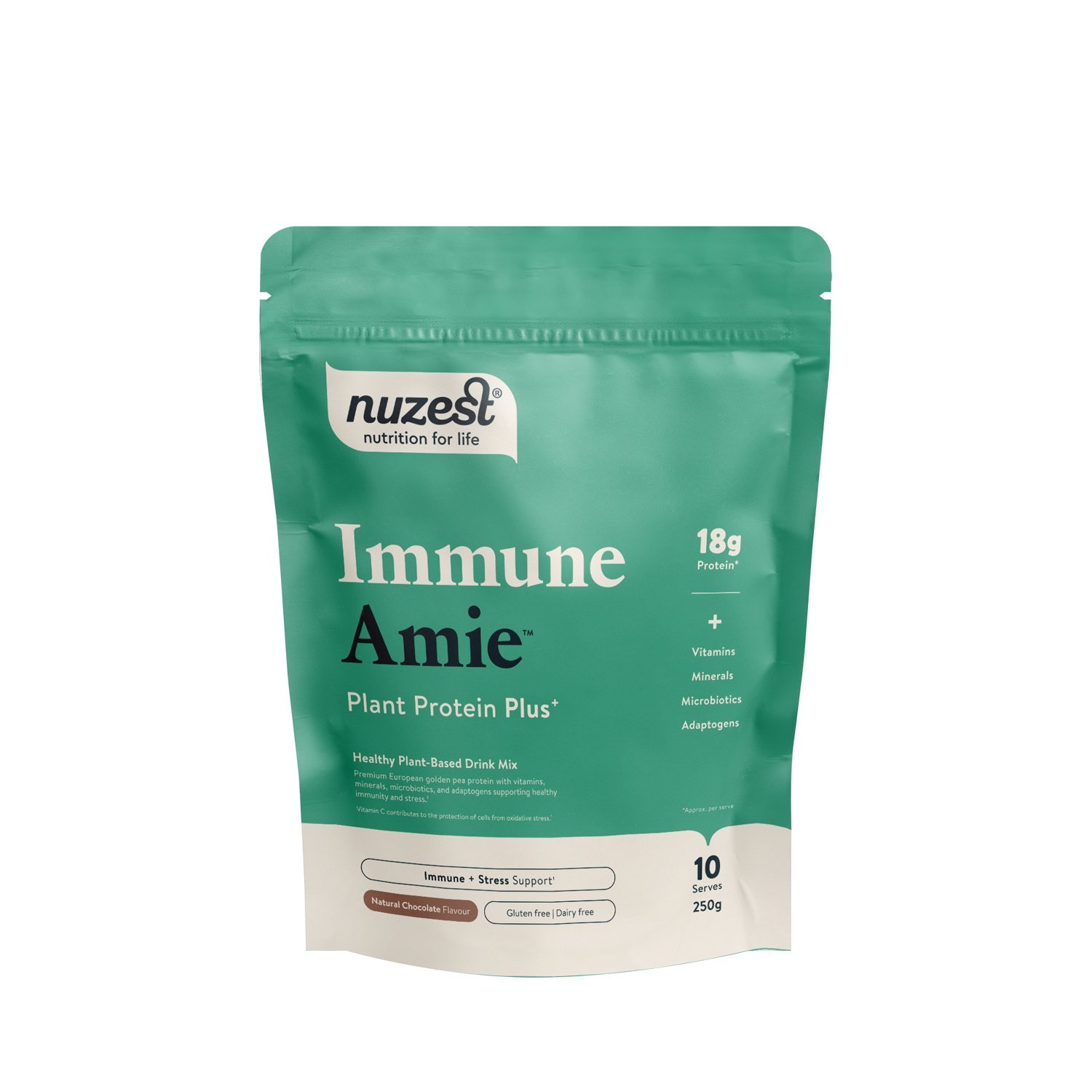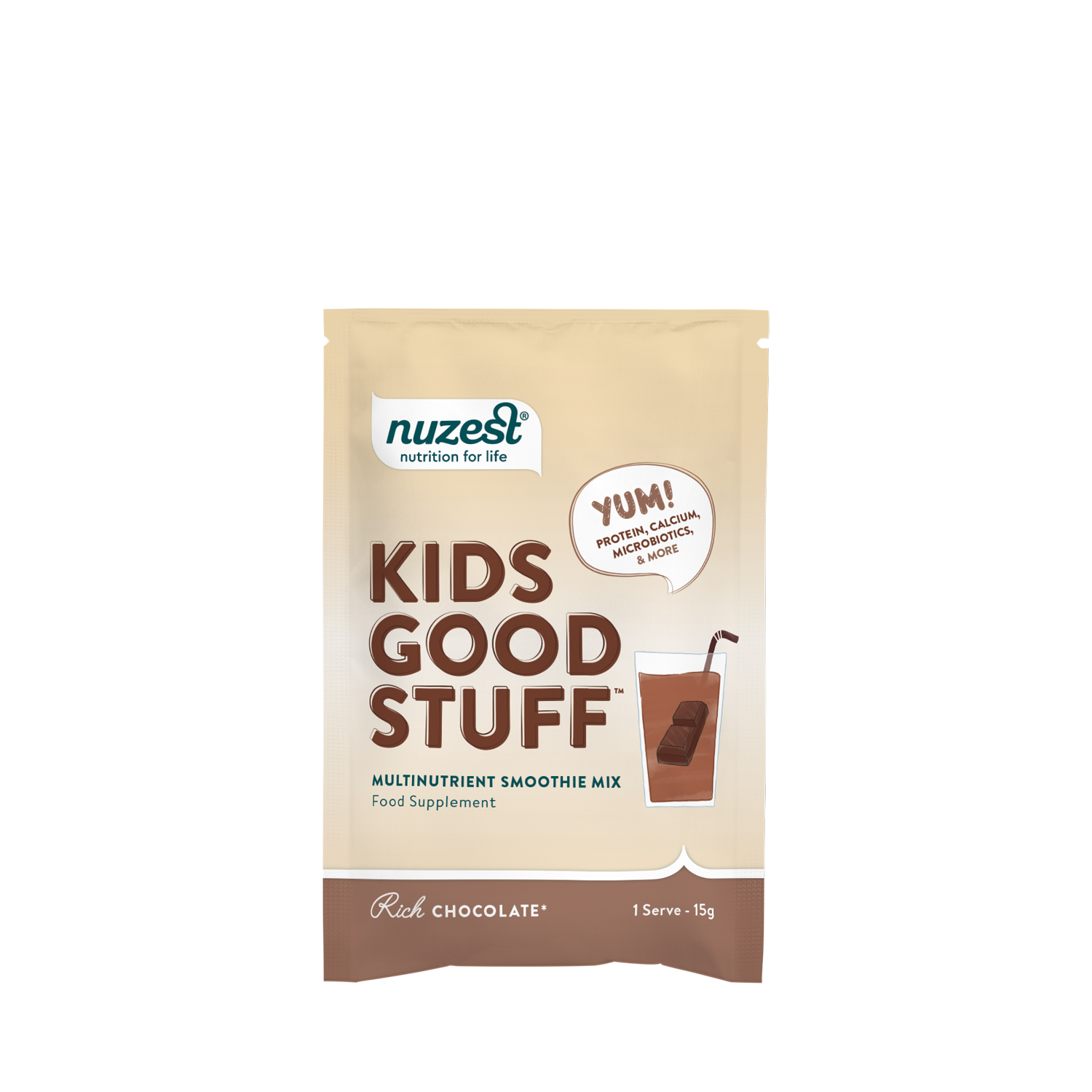Potassium
Potassium Phosphate Dibasic
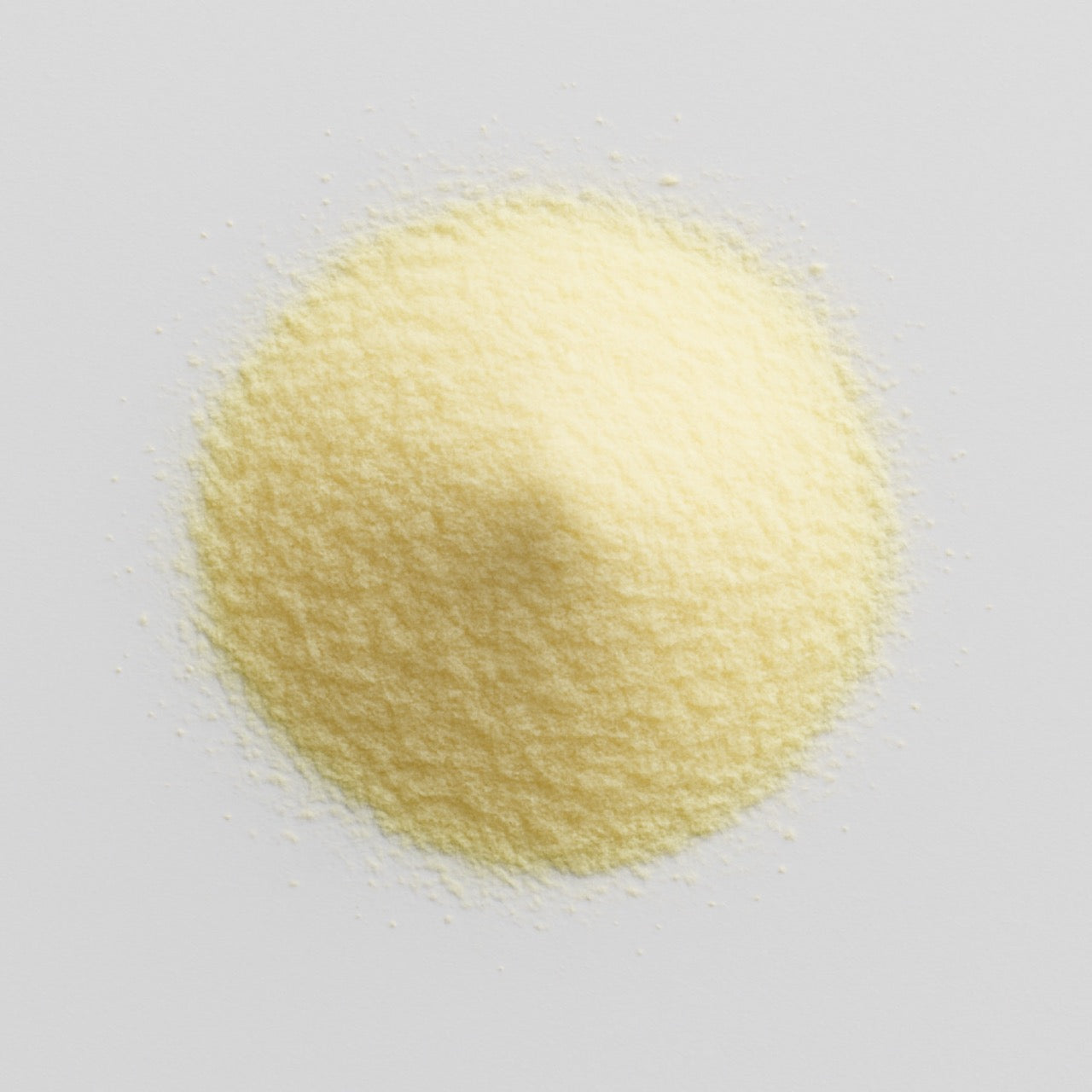
Potassium is an essential mineral and electrolyte required for various physiological processes. It is one of the most abundant minerals in the human body, with most of it stored inside cells.
Products:
Potassium for Heart Health
Maintaining a healthy heart relies significantly on adequate potassium levels. Potassium regulates the heart’s electrical activity, supporting normal heart rhythms. Sufficient potassium intake may reduce the risk of hypertension by balancing the effects of sodium, which can elevate blood pressure. Additionally, potassium contributes to the contraction and relaxation of heart muscles, promoting overall cardiovascular function.¹
Potassium and Fluid Balance
Fluid balance in the body is largely influenced by potassium, which regulates water distribution inside and outside of cells to maintain proper tissue hydration and function. This regulation is especially critical for kidney function, as potassium assists the kidneys in managing fluid and electrolyte levels. Keeping potassium levels within the optimal range helps prevent dehydration and supports overall physiological health.²
Potassium to Support Neurological Function
Potassium is essential for neurological function, playing a key role in the transmission of nerve signals and supporting brain activity. It aids muscle coordination, reflexes, and cognitive processes. Maintaining adequate potassium levels can help improve mental clarity, reduce muscle cramps, and support overall brain and nervous system health.³
What Can a Potassium Deficiency Lead to?
Potassium deficiency, or hypokalemia, can cause a range of symptoms including muscle weakness, fatigue, irregular heart rhythms, cramps, and respiratory difficulties. Severe cases may pose serious health risks, particularly affecting heart and muscle function. Ensuring adequate potassium intake through diet or supplementation is important for maintaining overall health.⁴
